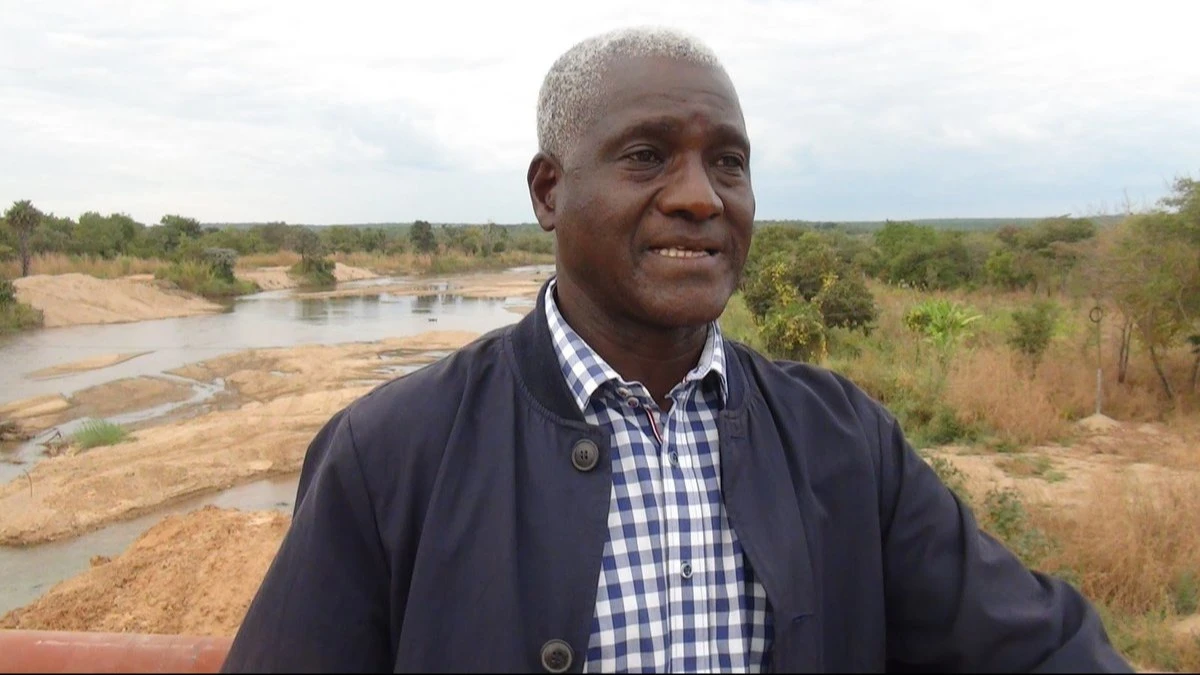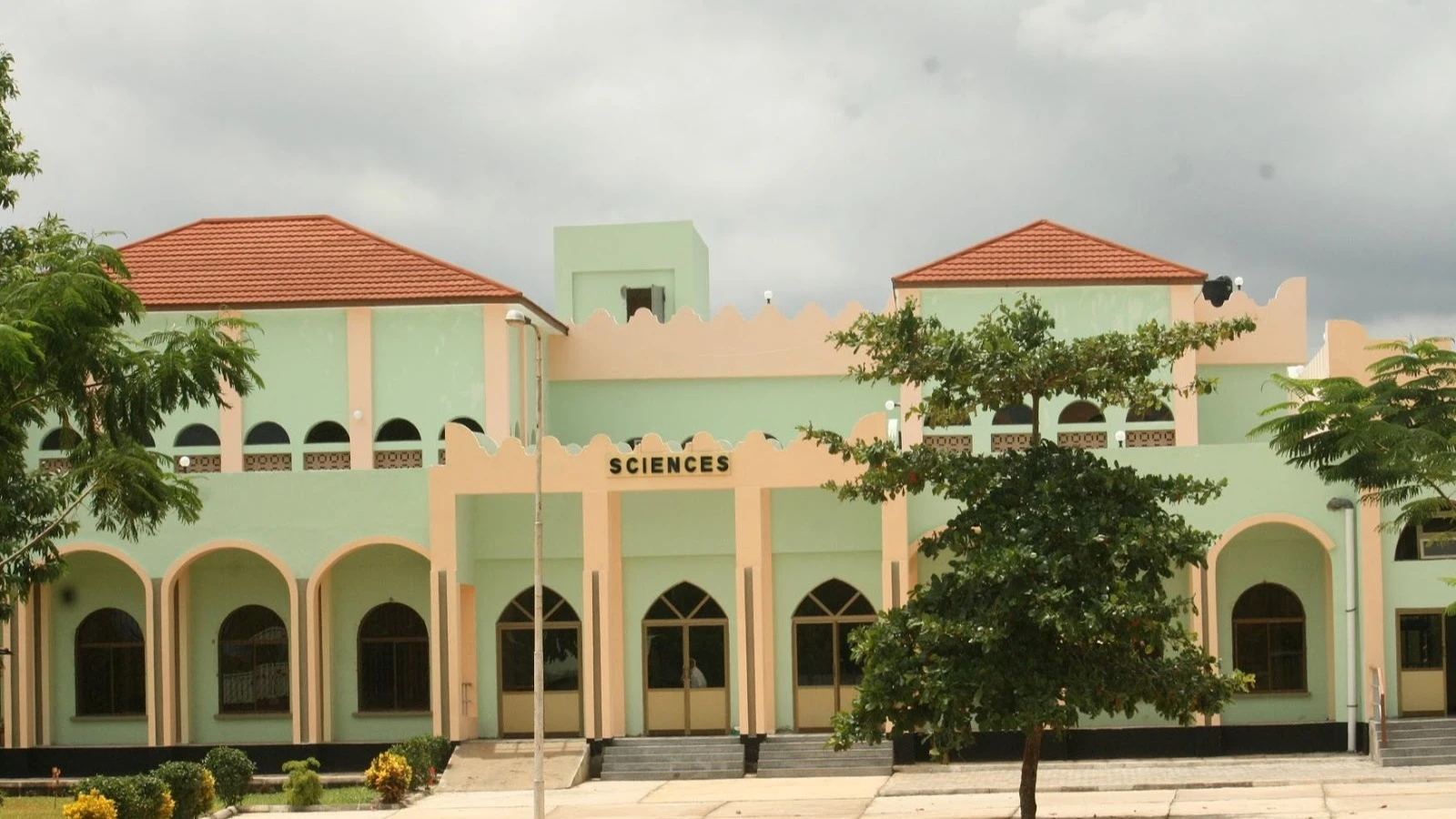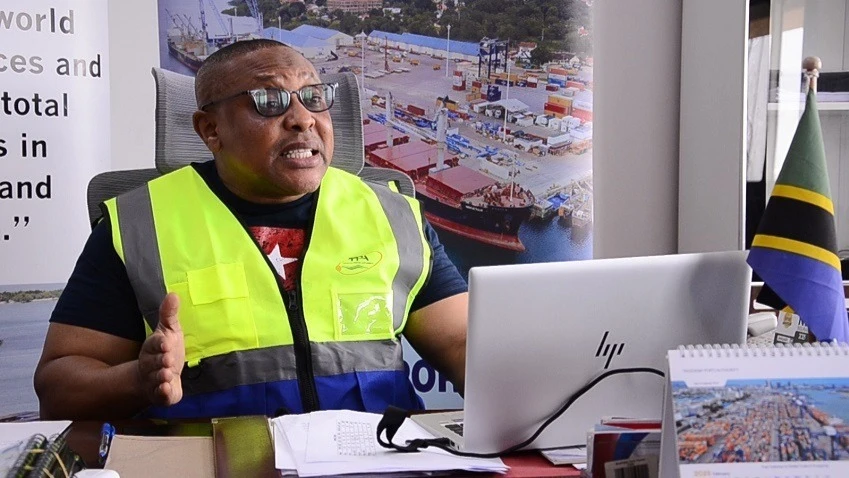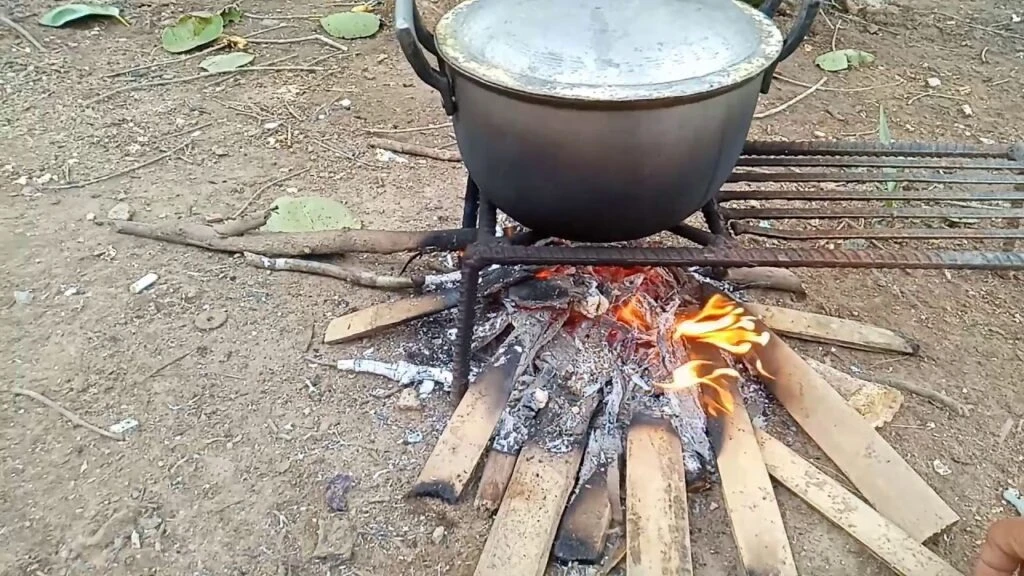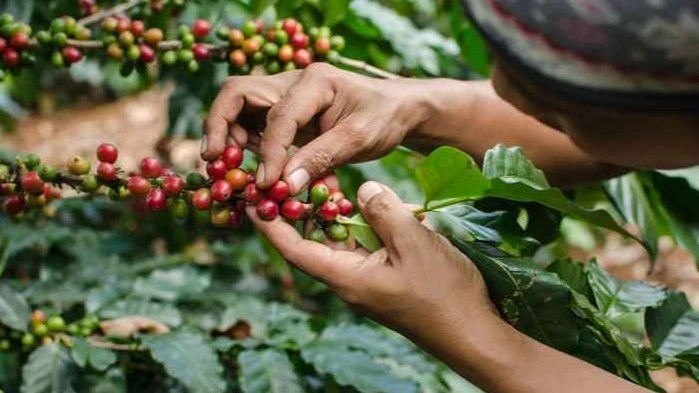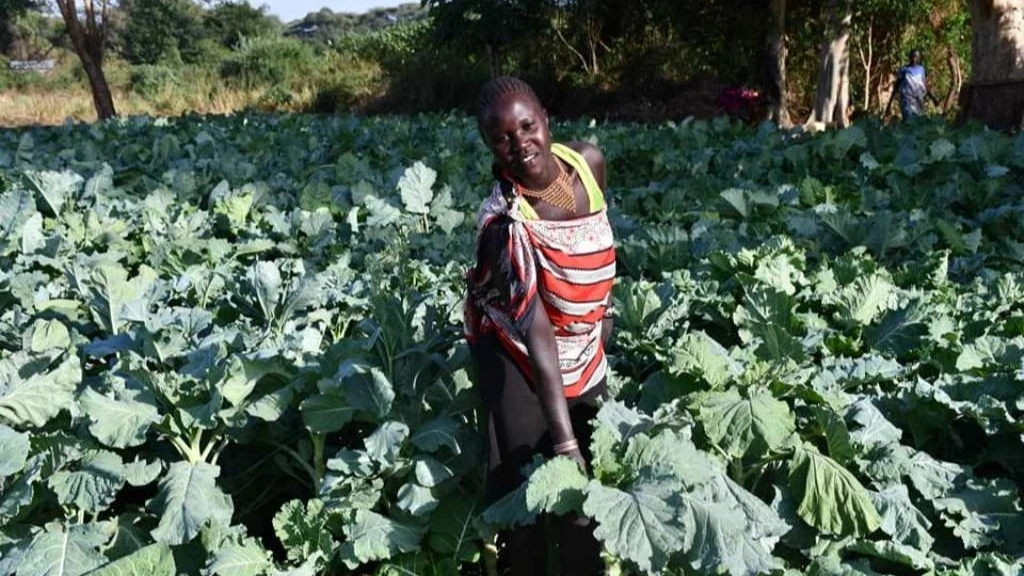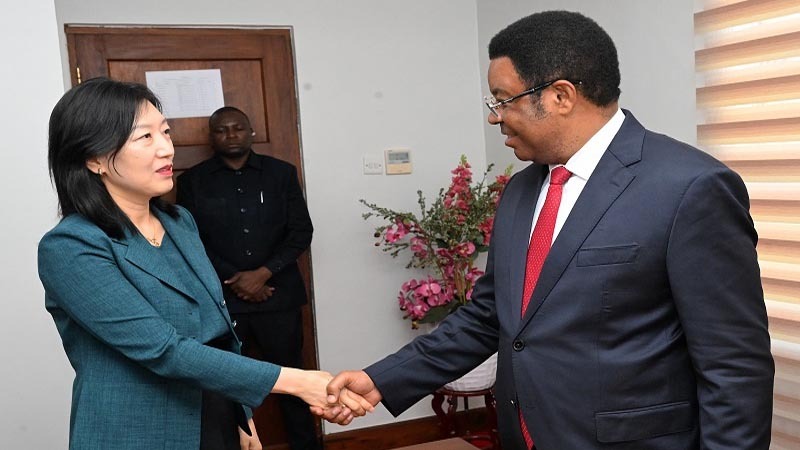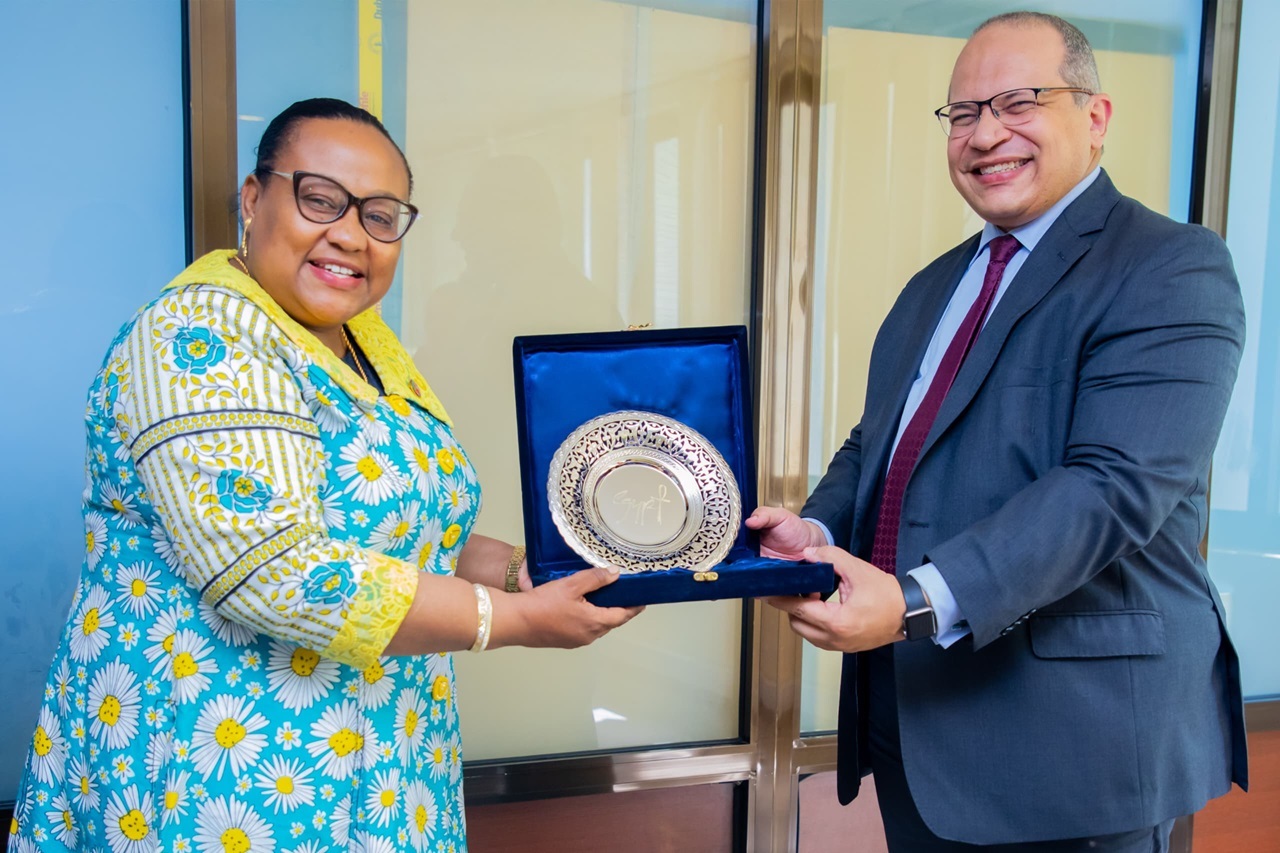As horticultural exports rise, regulators hike fees by 460pc
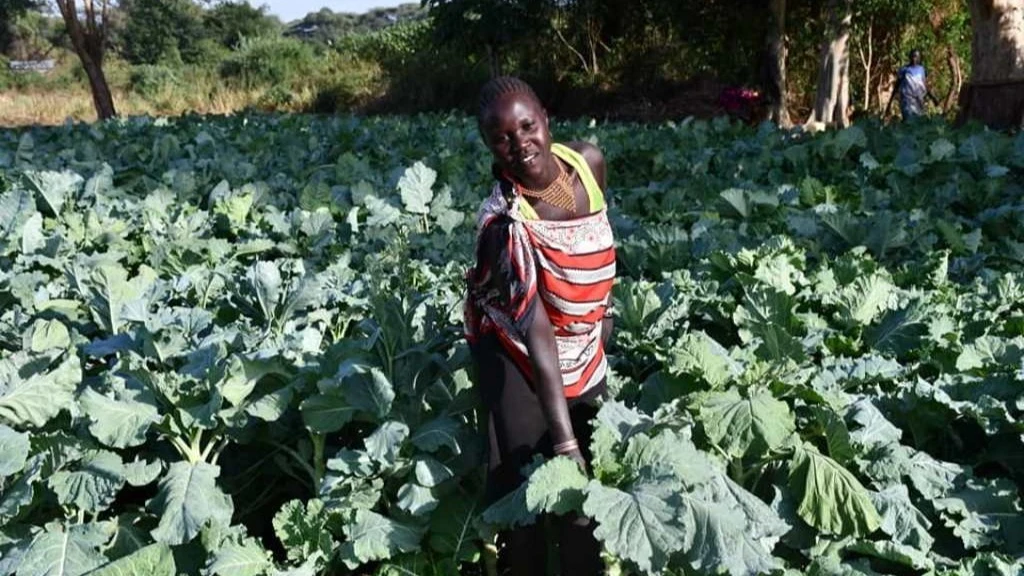
THE Tanzania Plant Health and Pesticides Authority (TPHPA) has raised phytosanitary certificate fees by 460 percent, imposing significant challenges on the country's agricultural export sector.
Exporters who did not wish to have their names published said in interviews over the weekend that the new fee structure, quadrupling costs for obtaining phytosanitary certification and inspections, has sparking sharp concerns among exporters and industry stakeholders.
Previously, exporters paid 58,347/- for phytosanitary certification and inspection of a container consignment while under the revised fees, the charges rise to 331,320/-, with regulators saying that 201,320/- is an inspection fee and 130,000/- as certification fee for consignments over 1,000 kilograms.
"Previously, 29 shipments cost around 1.4m/- for the two aspects of regulatory needs, and such shipments now cost 7.3m/-, hiked by 5.9m/-,” he stated
The fee hike also affects non-container shipments, especially those processed at airports, with the fee for plant quarantine and phytosanitary services tripling, from 45,900/- to 155,000/- for consignments over 1,000 kilograms.
Exporters argue that these increased fees threaten the competitiveness of local agricultural products in the global market, particularly for small and medium-sized enterprises. "These fees directly affect our product prices and ability to compete," one exporter said, viewing the increases as ‘astronomical.’
A regional comparison highlights the disparity in costs as in Rwanda, the phytosanitary certificate costs just 200 Rwandan francs (364.1/-), and in Uganda, the fee is 5,000 Ugandan shillings (3,348/-). In Kenya, exporters pay Ksh600 or 11,880/-, handing Kenyan exporters a competitive edge, they said.
Prof Joseph Ndunguru, the TPHPA director general, said that the fee hike relate to providing the funds are necessary to enhance services for exporters and meet international standards. The fee structure was last updated in 1996 and no longer supports the agency’s growing needs, he stated.
The agency has has procured five high-performance liquid chromatography (HPLC) machines, enabling tests of up to 2,000 crop samples per week, reducing the need for costly overseas testing.
“These upgrades ensure precise phytosanitary certification and help maintain Tanzania's reputation in international markets,” he added.
Top Headlines
© 2025 IPPMEDIA.COM. ALL RIGHTS RESERVED








